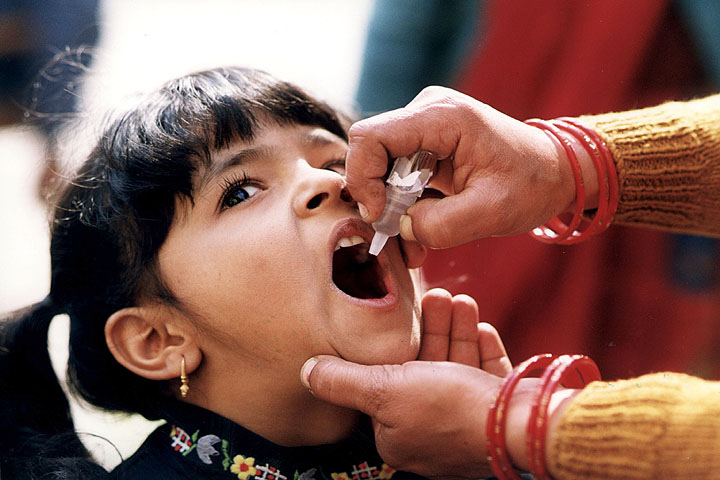On-the-job exposure to high levels of pesticide increases heart disease and stroke risk
09/10/2020 / By Virgilio Marin

Scientists have known for a long time that pesticides are harmful to human health. Previous research links pesticide exposure to cancer, respiratory problems and birth defects.
A recent study is one of the latest to probe the toxic effects of pesticide exposure. Researchers from the University of Hawai?i at M?noa looked at middle-aged men of Japanese descent who were exposed on the job to pesticides. They found that exposure to high levels of pesticide increases the risk of heart disease and stroke.
The study has important implications for patient assessment and worker safety, especially in contexts that expose employees to chemicals.
“This study emphasizes the importance of using personal protective equipment during exposure to pesticides on the job and the importance of documenting occupational exposure to pesticides in medical records,” said co-author Beatriz Rodriguez.
The findings of the study are published in the Journal of the American Heart Association.
Pesticides linked to heart disease
The data for the study was derived from the Kuakini Honolulu Heart Program, which has been studying the incidence of coronary heart disease and stroke in about 8,000 Japanese-American men living in Oahu. The men were aged between 45 to 68 years and self-reported their occupation. They have gone through multiple tests since the program’s inception in 1965.
The researchers used the data on heart disease and stroke incidence, which was taken from 1965 to 1999. They used the first 10 years of follow-up after finding out that the maximum effect of pesticide exposure was during the first decade. Pesticides have a long half-life, which means health effects may occur years after exposure.
They estimated the pesticide exposure of the participants using a scale designed by the Occupational Safety and Health Administration. The scale assesses the intensity and length of occupation exposure for each job.
Results showed that men exposed to high levels of pesticide at work had a 45-percent higher risk of developing heart disease or stroke compared to men unexposed to pesticide at work.
When age is controlled for, the risk is 46 percent higher; when other risk factors for heart disease are included, the risk is 42 percent higher. The team did not record a significant link between low and moderate pesticide exposure and the risk of heart disease and stroke.
However, the researchers noted that the link between occupational exposure to pesticides is no longer significant after 34 years of follow-up. They suspected that other risk factors that emerge at a certain age may have “masked” the effects pesticide exposure.
“This was probably because other factors tied to aging became more important, masking the possible relation of pesticides and cardiovascular disease later in life,” explained Rodriguez.
The team noted that their findings may not easily apply to other races or sexes as their study focused only on men of Japanese descent. For one, hormones may influence the effects of pesticide exposure on cardiovascular health. Therefore, men and women may respond differently to different classes of pesticides.
Further research on the effects of pesticide on heart disease risk
Another study, published in the journal Heart, examined the health impact of occupational exposure to pesticides among the Hispanic and Latino populations.
Researchers looked at more than 7,400 Hispanics and Latinos who are between 18 and 74 years old. Five to nine percent of participants reported being exposed to solvents, metals, and pesticides at work.
Those exposed to pesticides are five times more likely to have atrial fibrillation (irregular and rapid heart rate) and two times more likely to have coronary heart disease than those unexposed to pesticides. Meanwhile, those exposed to metals are four times more likely to have atrial fibrillation. (Related: Farmers at higher risk of developing various cancers caused by pesticide exposure.)
Scientists are still working to fully understand why pesticides are harmful to heart health. One theory suggests that pesticides trigger inflammation and oxidative stress, which are known risk factors for cardiovascular disease. Certain chemicals can also be directly toxic to the heart muscle, impairing heart contraction and the heart’s electrical system.
Learn more about the harmful effects of pesticides at Chemicals.news.
Sources include:
Tagged Under: atrial fibrillation, cardiovascular disease, food science, heart disease, heart health, metals, pesticide exposure, poison, stroke, toxic chemicals, toxins




















